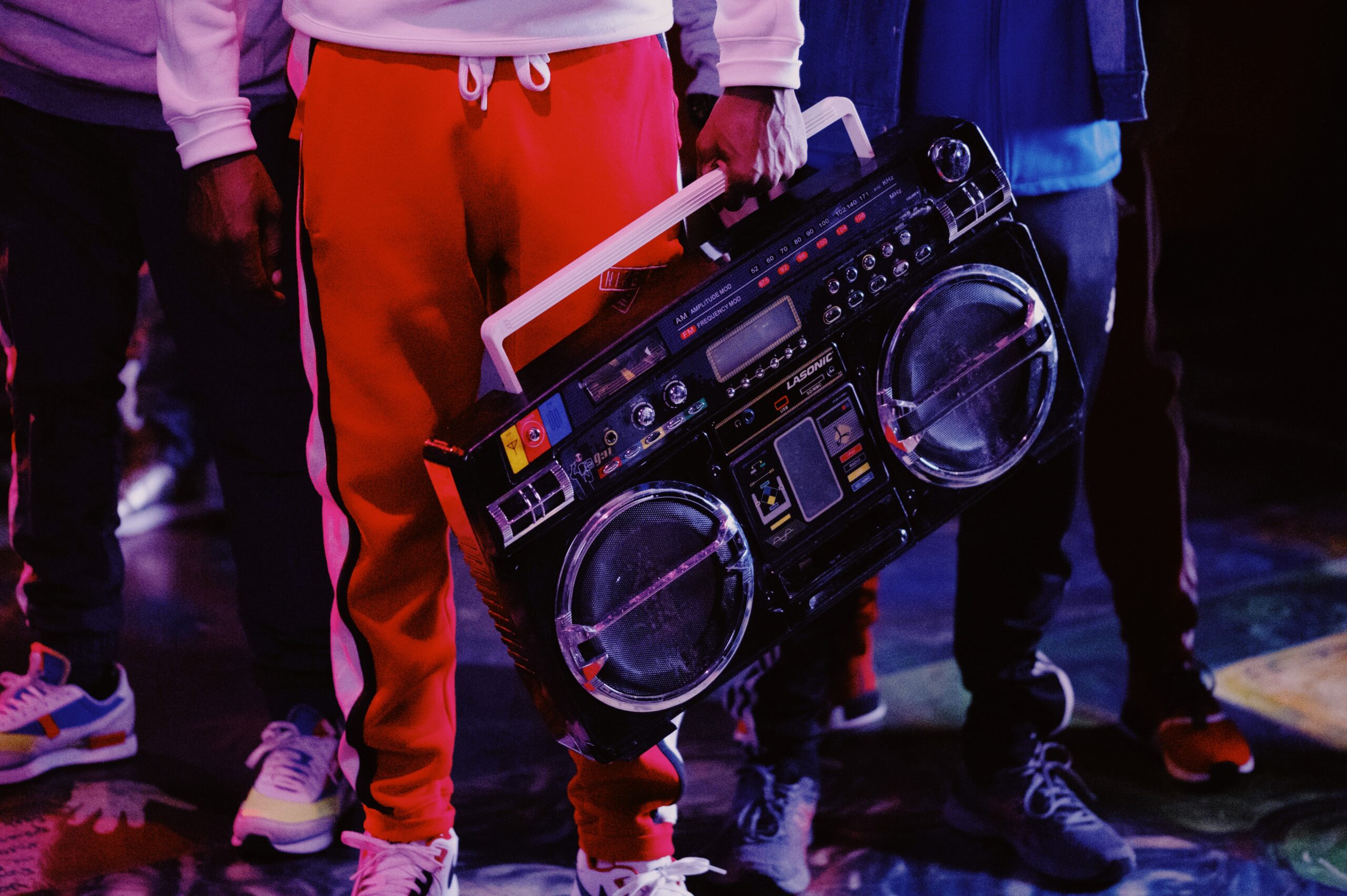
In the ever-evolving landscape of modern education, cultural influences play a pivotal role in shaping student attitudes, behaviors, and perspectives. One such cultural phenomenon that has significantly impacted student culture and education is hip-hop. This genre, originating from the streets of the Bronx in the 1970s, has grown into a global movement that profoundly influences students worldwide. Based on the IFPI survey, 1.85 billion people, or 26% of music listeners worldwide, listen to rap/hip-hop. In this article, we will explore how hip-hop has shaped student culture and education.
1. Educational Resonance of Hip-Hop
Hip-hop isn’t merely about beats and rhymes; it’s a dynamic medium of self-expression and storytelling that resonates with students on multiple levels. Its lyrical intricacy and social commentary provide a unique platform for discussing history, politics, social justice, and identity. Teachers have increasingly turned to hip-hop to engage students in critical conversations about complex topics.
Educators have harnessed the power of hip-hop to foster literary analysis, cultural awareness, and critical thinking. Students can develop their interpretation skills by analyzing song lyrics and learning to deconstruct metaphors, allegories, and wordplay. For instance, Kendrick Lamar’s album To Pimp a Butterfly is a modern-day literary masterpiece addressing issues like racial inequality and personal growth.
2. Fostering Creative Expression
Hip-hop encourages students to channel their creativity through various mediums. Writing and performing rap lyrics allow students to express their thoughts, emotions, and experiences in a way that feels authentic to them. This creative outlet is particularly beneficial for students who struggle with traditional forms of expression.
Furthermore, the production aspect of hip-hop, involving beat-making and music composition, introduces students to technology and sound engineering. Learning these skills nurtures their artistic talents and exposes them to potential career paths in the music industry.
3. Diverse Representation and Identity
One of the most impactful aspects of hip-hop is its celebration of diversity and representation. Students from various backgrounds find their stories, struggles, and triumphs reflected in the narratives of hip-hop artists. This representation validates their experiences and fosters a sense of belonging, which is crucial for positive self-esteem and mental well-being.
Educators recognize the power of this representation and leverage it to create inclusive classrooms. By studying hip-hop’s evolution and its impact on society, students gain insight into the complexities of cultural dynamics and learn to appreciate perspectives different from their own. And in case they need additional academic support, WritingUniverse provides many free essay examples on any topic that can be used for inspiration and imagination boost.
4. Social and Political Awareness
Hip-hop has often been at the forefront of social and political movements, providing a platform for marginalized voices to be heard. Students who engage with hip-hop learn about historical events, social inequalities, and systemic injustices that have shaped the world. This exposure encourages them to become informed, socially conscious citizens attuned to the issues affecting their communities.
5. Cultivation of Analytical Skills
Hip-hop isn’t just a passive form of entertainment; it’s a medium that encourages active listening and critical analysis. When students engage with hip-hop lyrics, they dissect complex narratives and decipher layers of meaning. This process cultivates their analytical skills and teaches them to examine content differently.
As students dive into the intricacies of wordplay, metaphors, and cultural references within hip-hop songs, they develop a heightened sensitivity to language and its nuances. These analytical skills extend beyond music, aiding them in various academic pursuits. Whether interpreting literature, dissecting historical documents, or engaging with scientific texts, students who have honed their analytical abilities through hip-hop are better equipped to excel in various subjects.
Final Thoughts
In the digital age, where music and culture are easily accessible, hip-hop has emerged as a dynamic force in shaping student culture and education. Its influence is undeniable, from promoting critical thinking and creative expression to fostering diversity and awareness. Educators and students alike have embraced hip-hop as a valuable tool for learning and growth, showcasing its enduring impact on the education landscape.
As we navigate the future, it’s essential to recognize the educational potential that hip-hop brings to the table. By integrating its themes and elements into the curriculum, educators can tap into the innate resonance of this genre and empower students to engage meaningfully with the world around them.
****
Ruby Butz is a seasoned education researcher and content creator who explores the intersection of culture and learning. With a passion for uncovering innovative educational approaches, Ruby’s work delves into topics such as the influence of music on student engagement, the role of arts in the classroom, and the impact of diverse representation on educational environments. Ruby’s writing illuminates how cultural phenomena like hip-hop can enrich and transform the educational experience for students worldwide.